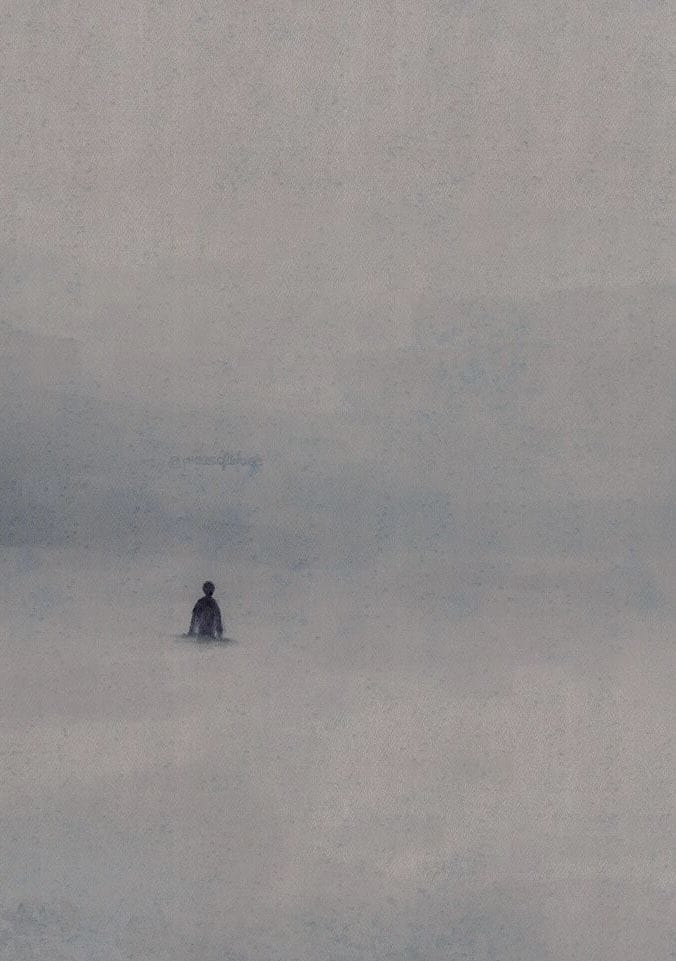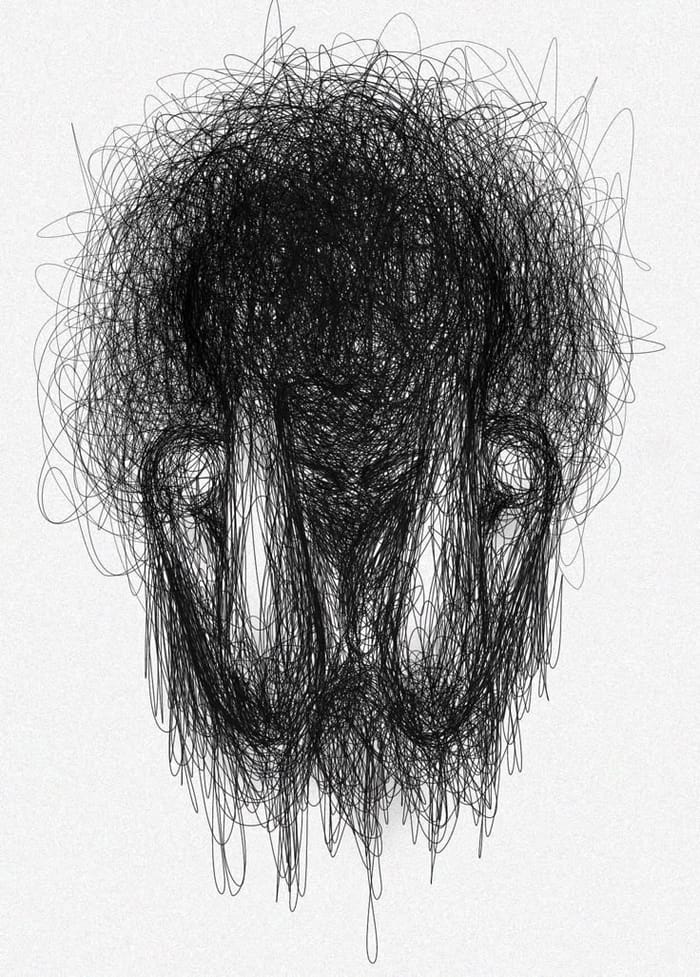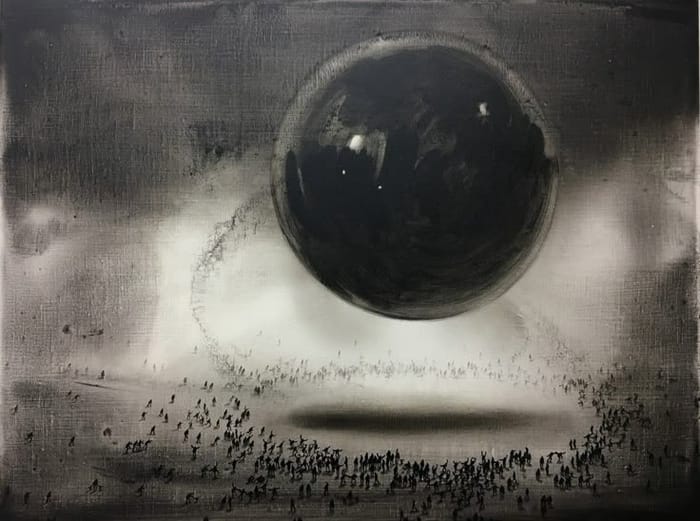
On Making Friends (Even When You Feel Like a Ghost in Your Own Body)
Lately, I’ve been thinking about how many of us float through the world like shadows.
Not because we want to — but because we’ve forgotten how to be seen.
We’ve gotten so used to the algorithm — to curated timelines and half-finished texts — that the act of meeting someone new feels… foreign. Like a lost language. Like an instinct that hasn’t been used in a while.
But here’s the good news:
That part of your brain — the one that used to talk to strangers, show up in random spaces, or start a conversation just because — it’s still there.
Just a little dusty. A little underfed.
Let’s feed it. Slowly. Gently. Together.
Start by meeting yourself where you are.
Not where you “should” be.
Not where the social tips tell you to land.
Start where your nervous system can start.
If crowds feel like too much, begin with silence and sidewalk.
Walk the same route in your neighborhood a few days in a row.
Nod at the same people. Smile at the same dog. Say hi to the same cashier — even if it’s just a whisper.
These micro-interactions? They matter.
They build familiarity — the first ingredient in the alchemy of connection.
Familiarity: The Friend of Friendship
We don’t make friends out of nowhere. We make them through repetition. Through being seen — casually, repeatedly, without pressure.
Eventually, someone will say, “Hey — I’ve seen you here before.”
And just like that, you’re not a stranger anymore.
Psych Study Vibe: Robert Zajonc’s mere exposure effect shows that the more we see someone, the more likely we are to trust and like them. Even if we’ve never spoken.
Shared Purpose: The Quiet Glue
It doesn’t have to be deep. It just has to be mutual.
Volunteering. A weekly class. A shared walk. A circle. A rhythm. A reason.
Even if no friendships blossom, you showed up.
You let your body and your mind practice presence. That alone is healing.
Jamil Zaki calls it social homeostasis — our need for connection grows stronger the longer we’re disconnected. It’s not just emotional. It’s biological.
You’re Allowed to Be the Friend You Want to Be
Let go of the idea that you need to be charismatic, funny, emotionally available, or always ready to vent.
You don’t owe anyone the “perfect friend” version of you.
You get to choose:
– What kind of friend you want to be
– How vulnerable you want to get
– How you handle conflict or distance
– When you say “yes” and when you say “no more”
Friendship is not performance.
It’s self-expression in the presence of others.
The Bigger Picture: Friendship as Resistance
Making friends is a quiet rebellion.
In a world of isolation, reaching toward another person — awkwardly, softly — is revolutionary.
This is the slow work of liberation.
It starts in the body. In the neighborhood. In the space between two people who decide not to perform.
If you’ve ever felt like you’re not built for this world — maybe it’s because you’re meant to help build a new one.
Radical Reading List (for soft hearts and community dreamers)
bell hooks – All About Love
Love as an ethic. Love as a healing. Love as protest.
adrienne maree brown – Emergent Strategy
Tiny relationships as the blueprint for big change.
Mia Mingus – The Practice of Care is the Practice of Freedom
Care as resistance. Justice as relationship. (Essay)
Grace Lee Boggs – The Next American Revolution
Slow organizing. Deep philosophy. Tangible change.
Octavia Butler – Parable of the Sower
Faith, fear, and community in a crumbling world.
Let’s begin with friendship.
Let’s begin with each other.
The Ink Behind the Words
- Zajonc, R. B. (1968). Attitudinal Effects of Mere Exposure. Journal of Personality and Social Psychology, 9(2 Pt.2), 1–27. https://doi.org/10.1037/h0025848
- Zaki, J. (2019). The War for Kindness: Building Empathy in a Fractured World. Crown Publishing.
- hooks, bell. (2000). All About Love: New Visions. William Morrow Paperbacks.
- brown, adrienne maree. (2017). Emergent Strategy: Shaping Change, Changing Worlds. AK Press.
- Mingus, Mia. (2011). The Practice of Care is the Practice of Freedom. Transformharm.org. [Essay]
- Boggs, Grace Lee. (2011). The Next American Revolution: Sustainable Activism for the Twenty-First Century. University of California Press.
- Butler, Octavia E. (1993). Parable of the Sower. Four Walls Eight Windows.
Subscribe to join the discussion.
Please create a free account to become a member and join the discussion.













